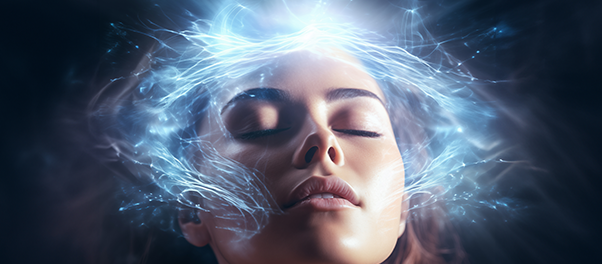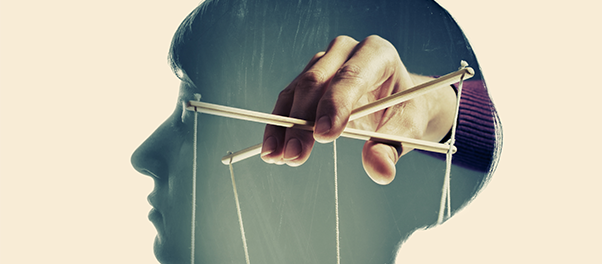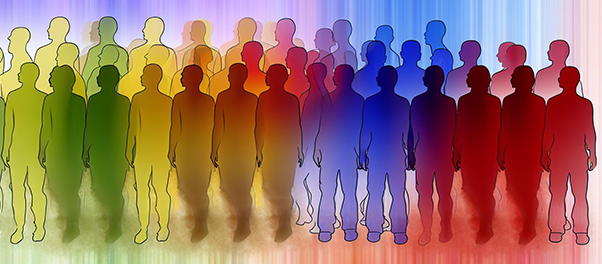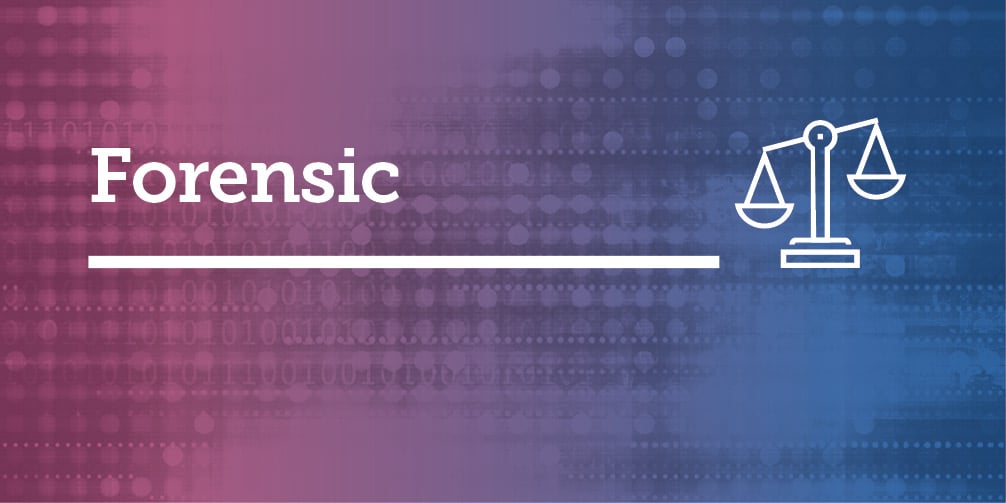What is the Human Biofield?
Cultural Aspects of Biofield Therapy
In many cultures, including those in Eastern traditions and indigenous healing practices, the concept of energy fields surrounding and interpenetrating the human body is deeply ingrained. Various terms describe this energy, such as qi (or chi) in traditional Chinese medicine, prana in Ayurveda, and mana in indigenous Polynesian cultures. These traditions often view the human body as a complex system of interconnected energies, with imbalances or blockages in these energies believed to contribute to physical and mental health issues.
Biofield therapy manipulates and balances these energies and draws heavily from these cultural frameworks. Practices like Reiki, originating from Japan, and therapeutic touch, derived from various indigenous healing methods, emphasize the flow and balance of energy within the body as essential for health and well-being.
However, in Western medicine, which has been heavily influenced by the scientific method and empirical evidence, biofield therapy faces skepticism due to the lack of robust scientific validation. While there is growing interest in exploring the potential mechanisms and effects of biofield therapies, they have yet to gain widespread acceptance as primary treatments for mental health conditions within mainstream Western medical settings. Nevertheless, there is a growing recognition of the importance of integrating cultural perspectives into mental health care, including acknowledging and respecting diverse healing traditions and beliefs. Some mental health professionals may be open to incorporating biofield therapy into their practice within a culturally sensitive and holistic framework, mainly when working with clients who hold such beliefs or have found benefit from these practices in the past.
Biofield Therapy in Practice
Biofield Energy Healing
Biofield therapy encompasses diverse practices influencing the biofield to facilitate healing and enhance wellness. These techniques, such as Reiki, Therapeutic Touch, Qi Gong, and other energy healing modalities, are designed to rebalance and optimize energy flow within the biofield. By engaging with the body's subtle energy systems, biofield therapy addresses imbalances that contribute to physical, emotional, and psychological distress.
The manipulation of the body's subtle energy field is central to biofield therapies, which include various techniques such as pressure application and gentle touch therapy. Modalities like Biofield tuning, Craniosacral therapy, Healing Touch, Pranic healing, Qigong, and Reiki are employed, each rooted in fundamental principles while employing unique methods to promote relaxation and restore balance.
- Biofield Tuning: Biofield tuning uses tuning forks to detect and correct imbalances in the body's electromagnetic field, aiming to reduce stress and enhance well-being. It's administered by a practitioner who uses tuning forks near the body to adjust energy flow.
- Craniosacral Therapy: Craniosacral therapy involves gentle manipulation of the area around the brain and spinal cord (craniosacral system) to alleviate tension and improve central nervous system functioning. Benefits include pain relief, stress reduction, and improved balance. It is administered by a licensed practitioner using subtle touch.
- Healing Touch: Healing touch uses touch to influence the body's energy field, promoting relaxation, pain relief, and emotional well-being. Techniques include energetic clearing and chakra balancing. It is administered in person or remotely by trained practitioners.
- Pranic Healing: Pranic healing balances the body's energy system using prana, or life force energy, to remove blockages and replenish vitality. Benefits include physical, emotional, and mental well-being. It is administered in person or remotely by trained practitioners.
- Qigong: Qigong integrates gentle movements, breathing techniques, and meditation to cultivate and balance the body's vital energy, or qi. Benefits include stress reduction, improved circulation, and increased vitality. It is practiced individually or in group settings under qualified guidance.
- Reiki: Reiki channels universal life force energy through gentle hand placement to promote relaxation, stress reduction, and healing on physical, emotional, and spiritual levels. It is administered in person with the recipient fully clothed by a practitioner placing hands lightly on or above various body areas.
The Potential Benefits of Mental Health Practice
Mental health professionals increasingly recognize the potential benefits of incorporating biofield therapy into their practice. While traditional psychotherapy focuses primarily on cognitive and emotional processes, biofield therapy offers a holistic approach that addresses the energetic aspect of well-being. By integrating biofield therapy techniques into their treatment plans, mental health professionals can provide clients with a more comprehensive approach to healing.
Biofield therapy has been shown to offer several potential benefits in mental health practice:
- Stress Reduction: Biofield therapy techniques such as Reiki and Therapeutic Touch have been found to induce deep relaxation, helping clients reduce stress and anxiety levels.
- Emotional Regulation: By rebalancing the energy flow within the biofield, biofield therapy can help clients regulate their emotions more effectively and experience greater emotional resilience.
- Enhanced Self-Awareness: Practicing biofield therapy can deepen clients' awareness of their energetic bodies, fostering a greater connection between mind, body, and spirit.
- Complementary Support: Biofield therapy can complement traditional therapeutic modalities by addressing energetic imbalances that may contribute to mental health issues such as depression, anxiety, and trauma.
- Promoting Mind-Body Integration: By integrating biofield therapy into mental health practice, professionals can promote holistic healing that addresses the interconnectedness of mind, body, and spirit.
Incorporating Biofield Therapy into Practice
Integrating biofield therapy into mental health practice necessitates a deep understanding of traditional therapeutic methods and energy healing techniques. Mental health professionals seeking to include biofield therapy in their practice should undergo additional training and certification in relevant modalities. Maintaining ethical boundaries and ensuring informed consent when incorporating biofield therapy into client treatment plans is imperative.
The following examples are potential starting points (not vetted or supported by CONCEPT) for interested mental health professionals wishing to explore further.
Effectiveness and Benefits
The efficacy of biofield therapies lies in their ability to influence the body on multiple levels. These therapies aim to restore coherence and balance across emotional, mental, and physical dimensions by harmonizing the energy patterns of subatomic particles within the body. Research suggests that biofield therapies, including rituals like Qigong and Reiki, are utilized as complementary treatments for conditions such as pain management, cancer care, fibromyalgia, and more. These therapies have shown promise in alleviating symptoms and improving overall well-being, with minimal reported side effects.
It's important to note that while biofield therapies have potential benefits, more high-quality research is needed to understand their mechanisms of action and efficacy across different populations and conditions further. Additionally, individual responses to these therapies may vary, and more comprehensive studies are necessary to establish their role as complementary treatments in various healthcare settings.Conclusion
Additional Resources
Training
Blog Posts
- Post-Traumatic Stress Disorder Comorbidity + Differential Diagnosis
- How to Become a Trauma Therapist
Research
- Addressing Trauma via Juvenile Probation Officer’s Treatment Planning
- Additional Insight on the Confluence and Impact of Trauma, Mental Health, and Incarceration
- Childhood Trauma and Risk Factors for Institutional Violence









